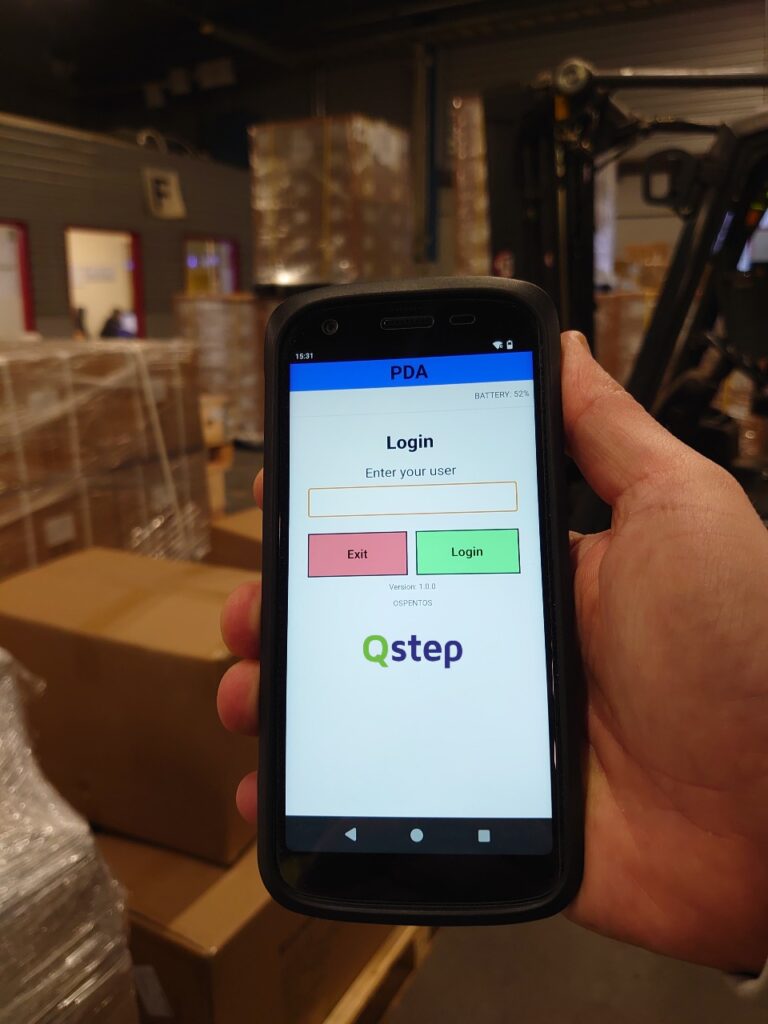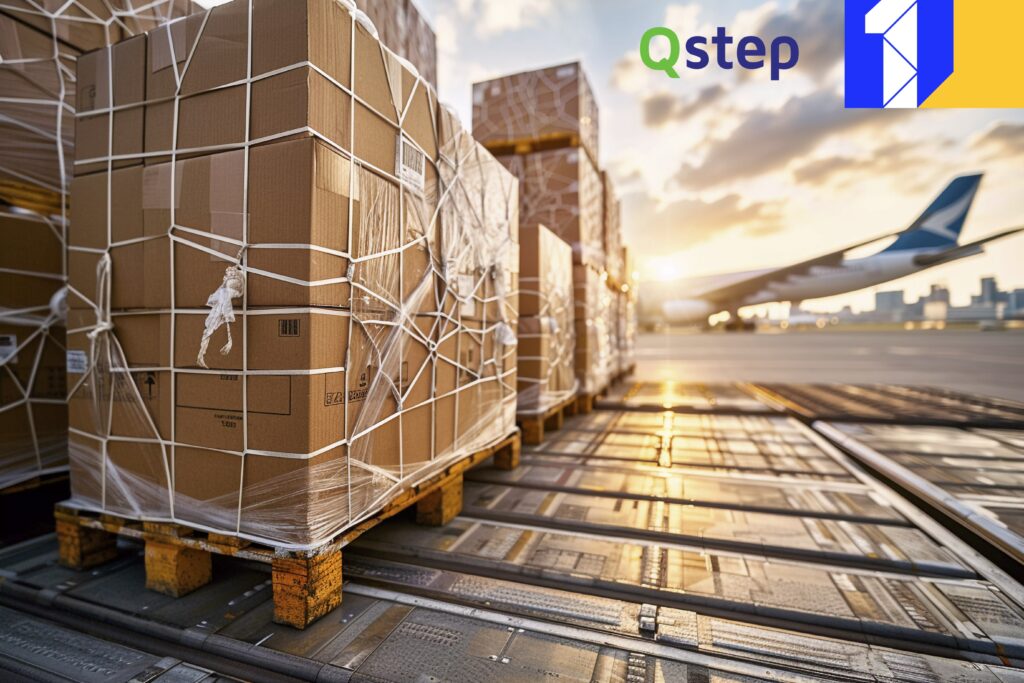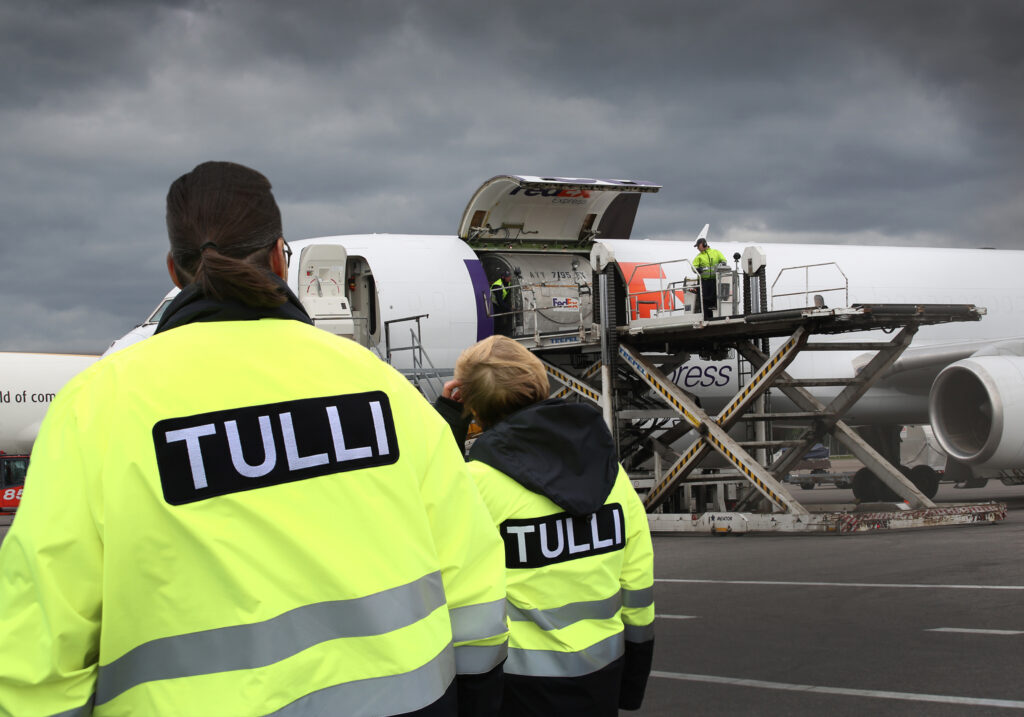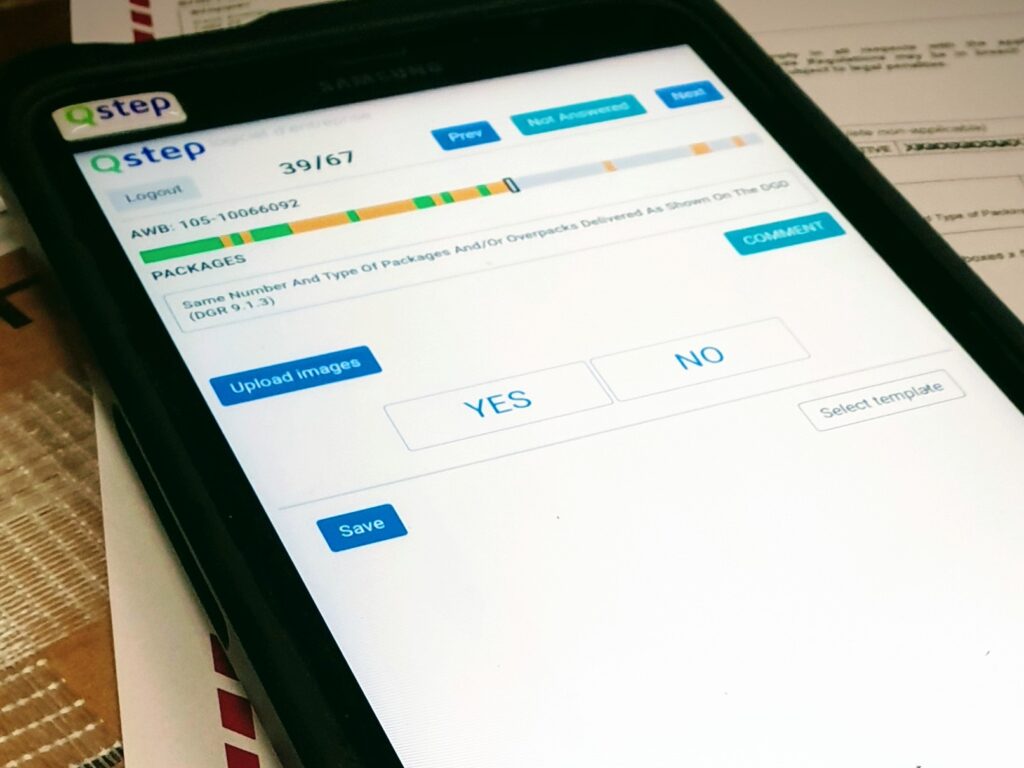This website uses cookies so that we can provide you with the best user experience possible. Cookie information is stored in your browser and performs functions such as recognising you when you return to our website and helping our team to understand which sections of the website you find most interesting and useful.
Litcargus: Streamlining Cargo Operations with Qstep
Litcargus: Streamlining Cargo Operations with Qstep
(The interview conducted and written by Leonor Castanho)
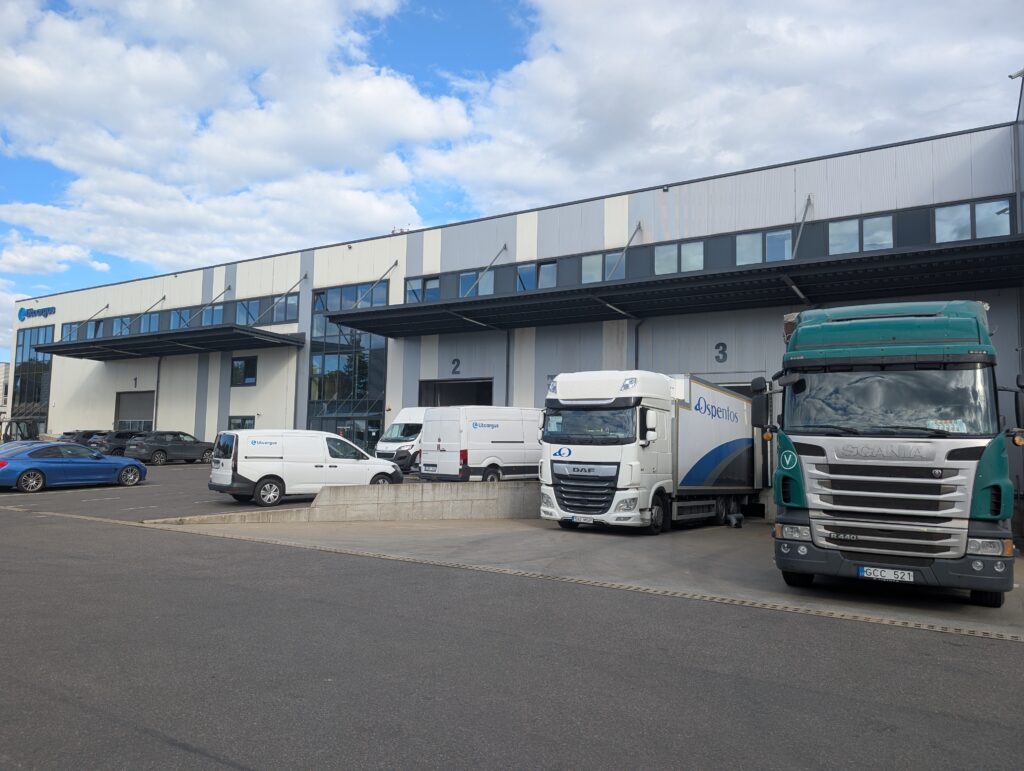
Operating at Vilnius and Kaunas International Airports in Lithuania, Litcargus is a trusted ground handler managing everything from passenger services to aircraft operations and cargo terminal handling.
Since early 2015, Litcargus has relied on Qstep to streamline its cargo terminal operations, and they’ve never looked back. Over the past ten years, Qstep has become an integral part of their workflow, automating messages and other cargo-related processes while ensuring compliance with the latest IATA standards, such as Cargo iQ.
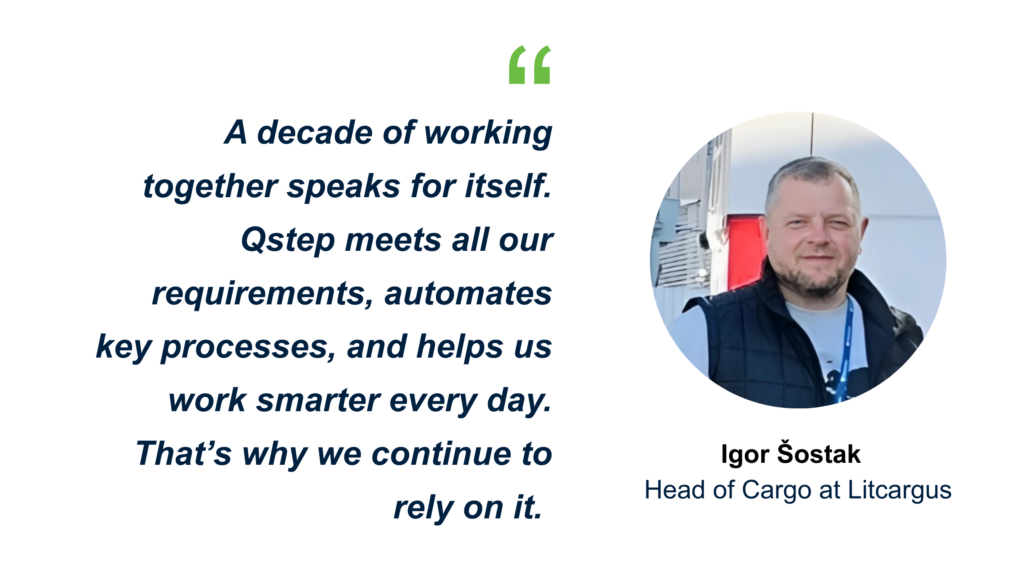
From Manual Mess to Automated Efficiency
Before Qstep, Litcargus relied on software that demanded extensive manual input, making operations slower, more error-prone and resource-intensive.
“Previously, we were using another software system for cargo handling, but it required a lot of manual work. Processing shipments was tedious and time-consuming, and mistakes could easily slip through,” recalls Igor Šostak, CEO of Litcargus. “We knew it was time to switch to a fully automated system, and that’s when we found Qstep.”
By automating repetitive processes, Litcargus has been able to maintain the same level of activity with fewer resources.
“Since implementing Qstep, we can handle the same workload with fewer staff. The automation eliminates repetitive manual work, which was a key factor in choosing Qstep in the first place,” explains Igor.
He adds: “Qstep also integrates smoothly with other third-party systems critical to daily cargo operations. For example, flight schedule information is automatically synchronized with the airport’s flight information system, ensuring accurate, up-to-date data at every step. That means we don’t have to manually reconcile data between systems, which saves us valuable time.”
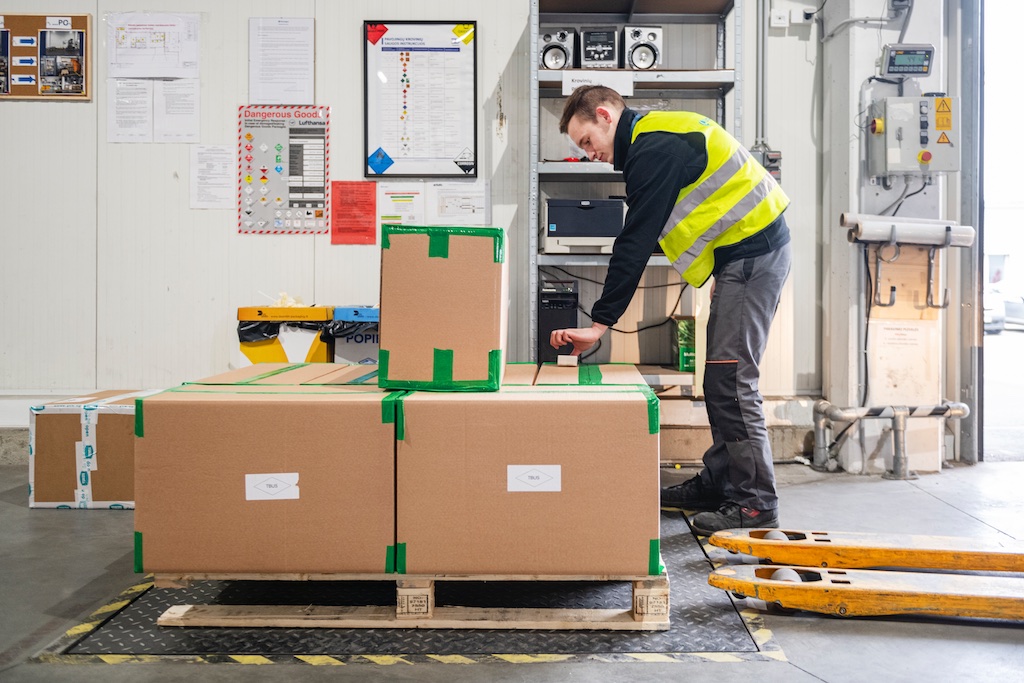
“There is one long-awaited improvement though, which is integration with airlines using IATA ONE Record data sharing standard. It would be very useful if data entered in either system could be shared automatically. For example, dangerous goods acceptance data entered into Qstep could be sent directly to the airline’s system, saving time and making operations more efficient,” points out Igor.
Faster, Smarter Operations
Qstep has transformed day-to-day operations by eliminating repetitive desk work and reducing human error, allowing the Litcargus team to focus on higher-value tasks.
“With our old system, processing a shipment required about five manual steps. Now, with Qstep, marking a shipment as arrived or delivered is literally just a button click,” adds Igor.
The shift to electronic messages and digital airway bills has further simplified operations. Shipment’s data is received digitally before arrival, removing the need for manual entry entirely.
He continues: “The only issue is that our scanners currently run on a Windows-based platform, which is becoming outdated. The main challenge is that the only available model is no longer produced, making it difficult to acquire new devices when needed. But Qstep has been planning a move to an Android version soon, and we look forward to seeing how this development unfolds.”
Paperless Operations: Saving Space and Time
One of the biggest wins for Litcargus has been going paperless.
“We’ve been able to significantly reduce the use of paper, and we don’t store anything physically since onboarding the Qstep air cargo software platform. Before, we had to order special forms from the printing house, keep them on hand, fill them out when a shipment arrived, and then store them somewhere,” explains Igor. “Now, everything is kept in the system. This helps us avoid massive amounts of paper and bulky folders, which is a big advantage.”
The benefits extend to financial and regulatory processes as well, as Igor explains how Qstep supports and simplifies invoicing and electronic customs communication:
“Invoicing follows a straightforward accounting model and works perfectly for monthly billing. Communication with customs is smooth, efficient, and fully integrated with our workflow, which keeps everything running seamlessly.”
Intuitive Interface
Before implementing Qstep, Litcargus was concerned that its staff might struggle to learn and navigate the new system, but the reality turned out to be quite the opposite:
“The computer interface is very user-friendly. The menu is simple and intuitive, making it easy even for beginners to see pending shipments, shipments scheduled to arrive, and all relevant information at a glance. Everything is clearly laid out, which makes it straightforward to manage operations efficiently,” says Igor.
He continues: “You can also set permissions for each user. For new employees, we assign a basic level with standard functions, and as they gain experience, they can access more advanced features and have greater control over the system.”
And it’s not just limited to the back office: the same functionalities are available on handheld devices, also known as PDAs, that keep warehouse operations in sync.
“The same functionalities are available on the PDA scanners. You can view shipments and take actions directly in the warehouse as needed,” Igor points out.
“However, communication about system updates could be improved. Receiving clear information beforehand about any changes to menus, navigation, or frequently used functions would help us avoid unnecessary disruptions in our work,” he concludes.
A Partner Beyond Technology
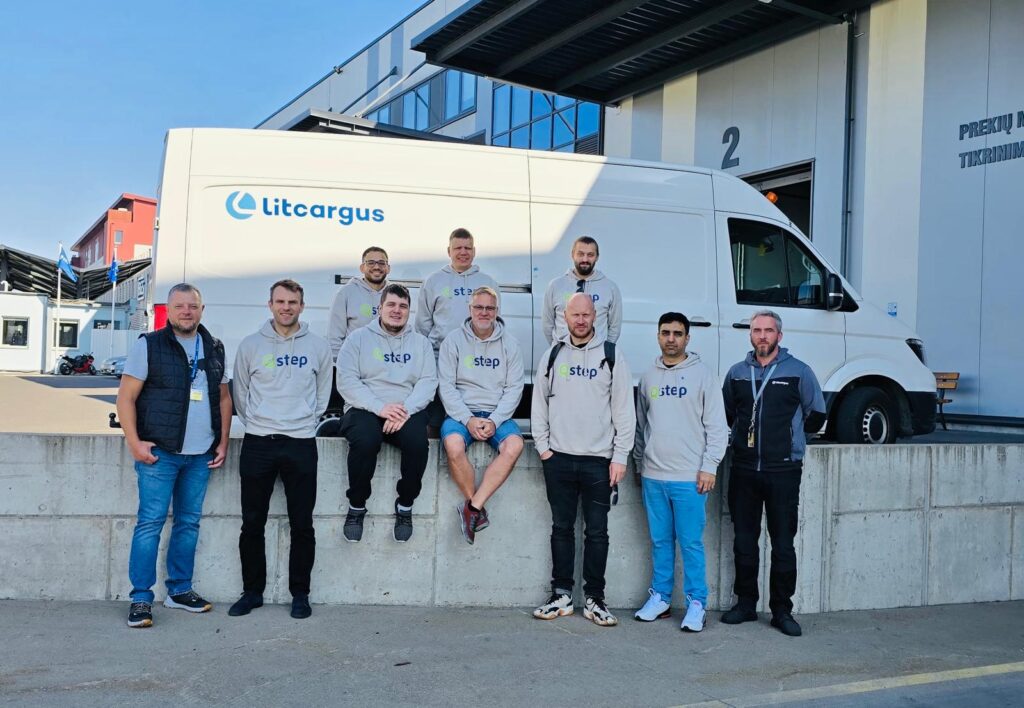
Looking back, Igor is confident that choosing Qstep was the best decision for Litcargus, and it’s not just because of the technology:
“The Qstep team understands real-life daily cargo handling — that’s what the software is based on. In practice, you feel the difference. They are incredibly knowledgeable and supportive. Over the years, we’ve built a genuine friendship based on trust and mutual respect, which we greatly value,” reflects Igor.
Litcargus now operates with greater efficiency, fewer errors, and reduced reliance on manual work, all while enjoying a trusted partnership that extends beyond software to expert guidance and collaboration.

